Ph.D. Students
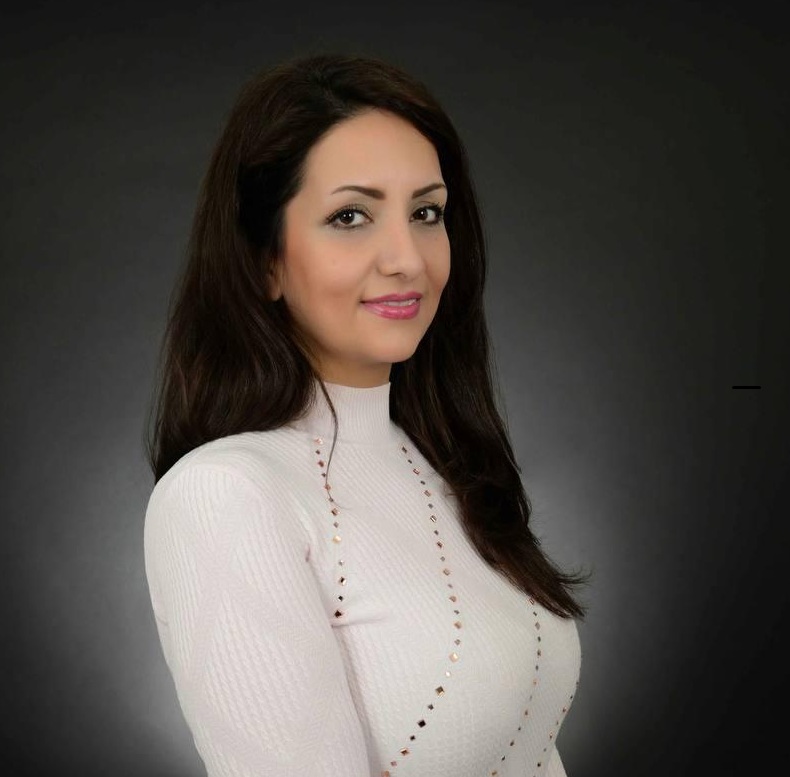
Azadeh Vahedi, Ph.D. Candidate, Mechanical Engineering
Azadeh Vahedi received her MSc in Material Science and Engineering from the University of Islamic Azad University, Science and Research Branch from Tehran, Iran in 2013 within the area of Magnetic properties of Ceramics. Prior to that she obtained over 3 years of industrial experiences in production of tiles and ceramics as a R&D manager. She has started her work at CACT as a research assistant from 2016 under the supervision of Prof. Javad Mostaghimi. Her thesis project focuses on “improvement of photocatalytic property of Fe3O4-TiO2- RGO core-shell nanoparticles” for antibacterial surfaces. During the last two years, she worked in collaboration with Cell & system Biology department on two different topics as well: 1-Investigation on Biocidal activity and repeatability of titanium dioxide coating under UV and ambient light. 2-Laboratory and Field tests on Antibacterial Sink trap: Investigating on the bactericidal activity of the charged copper-lined siphon trap against the DH5α Escherichia coli strain for various exposure time lengths.
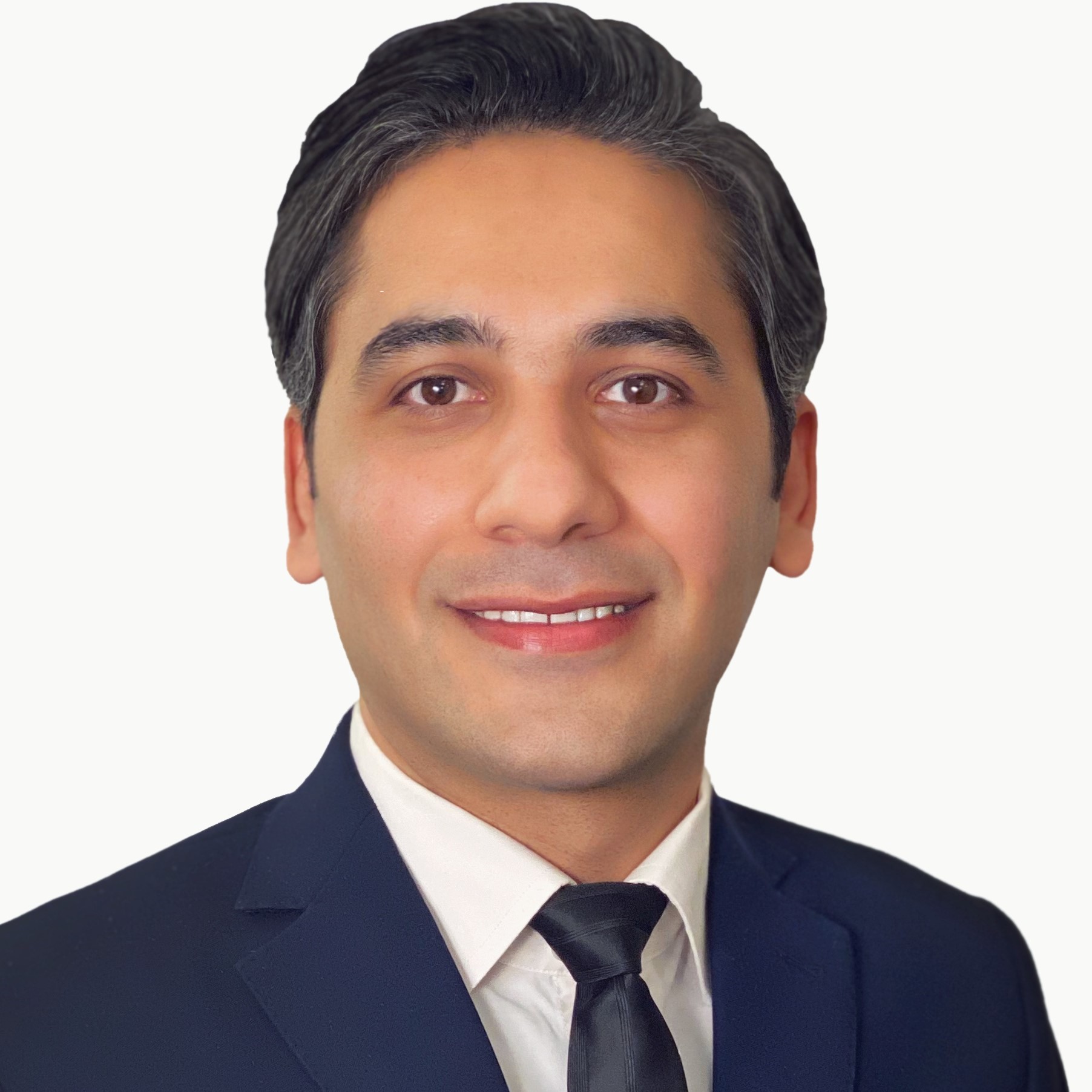
Ali Ebrahimi, Ph.D. Candidate, Mechanical Engineering
Ali has graduated from Semnan University with a bachelor’s degree in electrical engineering within the area of renewable energy sources. He obtained his M.A.Sc. in Nuclear Engineering from Shahid Beheshti University, working on developing numerical nuclear codes. During his study, he also obtained a good experience with fundamental compartments of ICP-MS and their working principle. He started his work at CACT as a researcher under the supervision of Prof. Javad Mostaghimi in 2018, and he has been a Ph.D. student in mechanical engineering since 2020. His research area is focused on the synthesis of nanocarbon materials, in particular graphene, using thermal plasma. Currently, he is working on the gas-phase synthesis of graphene and the exfoliation of graphite using DC thermal plasma.
Email: a.ebrahimi@mail.utoronto.ca

Zhenying (Eva) Yang, Ph.D. Candidate, Materials Science & Engineering
Zhenying received her B.A.Sc. in Materials Science & Engineering from the University of Toronto in 2020. In 2018, Zhenying worked as a process engineering intern in Air Liquide Laboratories in Japan for one year, focusing on redesigning an atomic layer deposition (ALD) setup and fabricating thin films for semiconductor industries. After graduation, she joined CACT as a Ph.D. student under the co-supervision of Prof. Coyle and Prof. Dolatabadi in Sept 2020. Her project involves designing and constructing an aerosol deposition system for fabricating advanced ceramic coatings. Her research focuses on characterizing the aerosol deposited coatings to demonstrate the deposition mechanism and the powder – process – microstructure - property relationship.
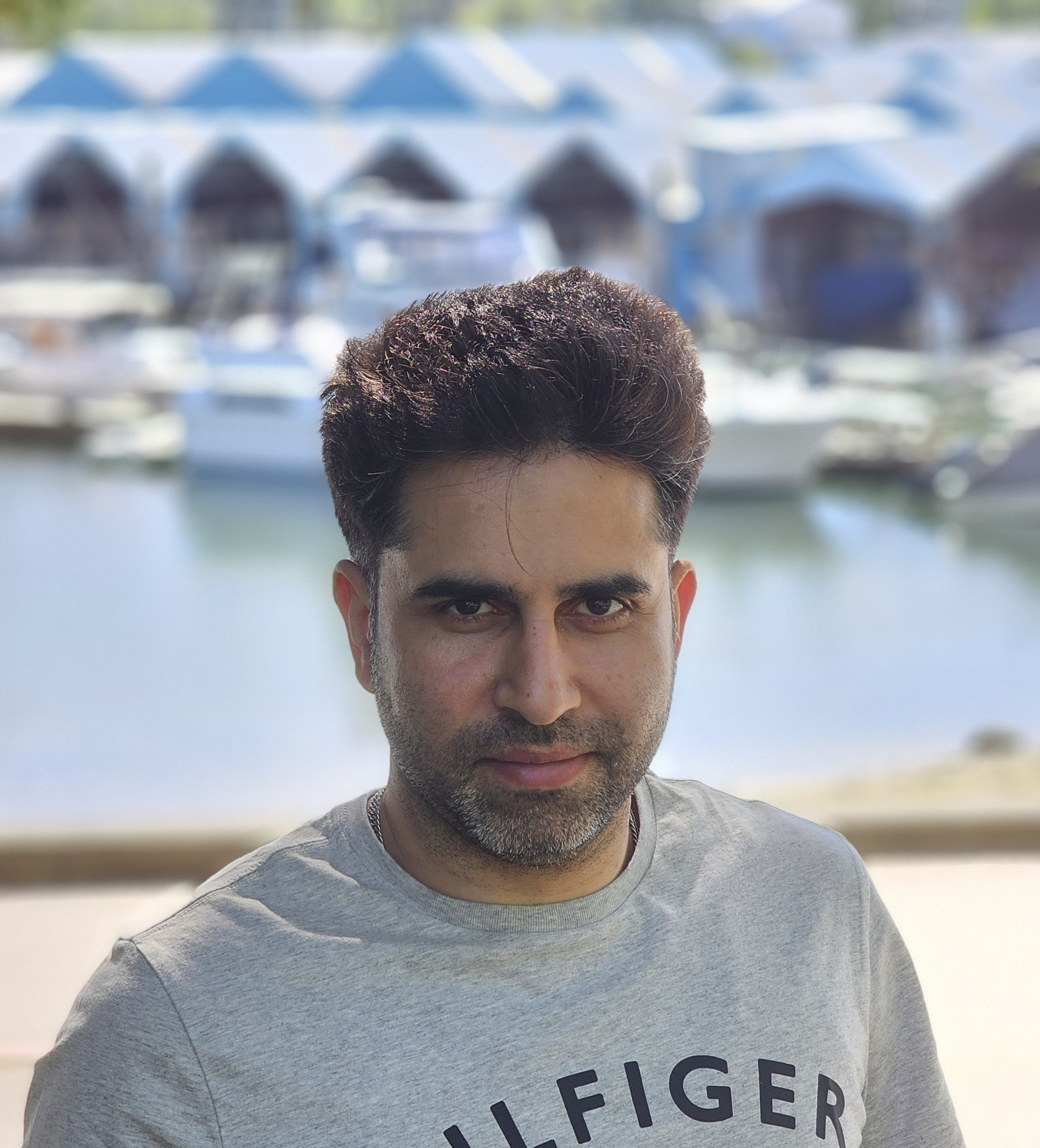
Hamid Moezzi, Ph.D. Candidate, Mechanical Engineering
Hamid received his M.Sc. in Aerospace Engineering from Sharif University of Technology, Tehran, Iran and worked as a research associate in Sharif Tech Services Complex, Tehran, Iran, after his graduation. He is very interested in research, and he has expertise in CFD simulation of multiphase and micro-scaled flows, bubble and droplet dynamics, and surface tension driven flows. He joined CACT in September 2021 and started his work as a research assistant. He is currently working on optimizing the ion sampling process in inductively coupled plasma mass spectrometry (ICP-MS).
Email: h.moezzi@mail.utoronto.ca

Tara Yazdanimotlagh, Ph.D. Candidate, Mechanical Engineering
Tara received her B.A.Sc. and M.A.Sc. degrees in chemical engineering from Amirkabir University of Technology. Her master’s thesis focused on a numerical investigation of the effects of various parameters on a reactivity-controlled compression ignition engine. In 2022, Tara joined the Centre for Advanced Coating Technologies (CACT) as a Ph.D. student under the supervision of Prof. Dolatabadi. Her Ph.D. research focuses on physics-based modeling of droplets in the solution precursor plasma spray process. Her research interests include CFD simulations, multiphase flow, heat and mass transfer, and thermal spray processes.

Alireza Rahimi, Ph.D. Candidate, Mechanical Engineering
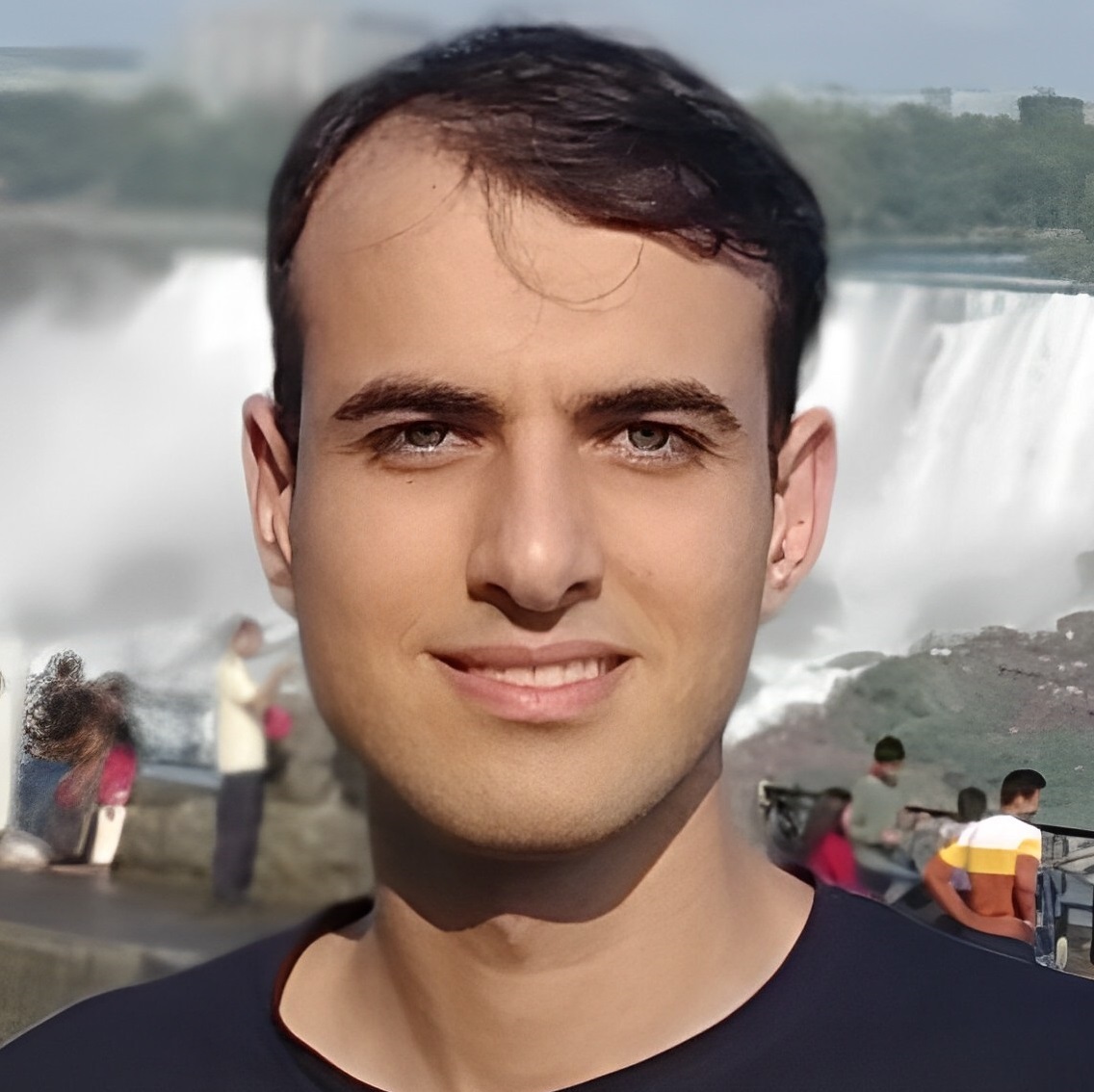
Amirhesam Banejad, Ph.D. Candidate, Mechanical Engineering
Amirhesam Banejad obtained his M.Sc., with highest distinction, in Mechanical Engineering from Ferdowsi University of Mashhad, Iran, under supervision of Prof. Mohammad Passandideh-Fard. His M.Sc. thesis along with his research on the microfluidics, micro actuators, and lab on a chip (LOC), earned him the title of “Researcher of the Year” at Ferdowsi University of Mashhad in 2019, and he could become a member of Iran's National Elites Foundation. Amirhesam joined CACT in 2022 as a research assistant and Ph.D. student under supervision of Prof. Mostaghimi. His main research interests are focused on simulation of thermal plasmas, interfacial phenomena including phase change, microfluidics, and thermal spray technologies.
Email: a.banejad@mail.utoronto.ca
Mazin Tahir, Ph.D. Candidate, Mechanical Engineering
Mazin's research focuses on studying droplet transport and transfer efficiency in the automotive painting industry. Driven by the high overspray waste in this sector, the goal is to create a predictive model predicting film formation, thickness variation, and overall transfer efficiency across multiple conditions. Prior to this, He began my journey at King Fahd University of Petroleum and Minerals (KFUPM), where he worked in the tribology lab, focusing on testing environmentally friendly lubricants. This early exposure to scientific research fueled his pursuit of a master's degree at McGill University. There, He investigated the potential of using recycled composites, specifically from end-of-life wind turbine blades, to enhance the mechanical properties of 3D printing filaments.
Email: mazin@mie.utoronto.ca
Mohammad Hosseinzadeh, Ph.D. Candidate, Mechanical Engineering
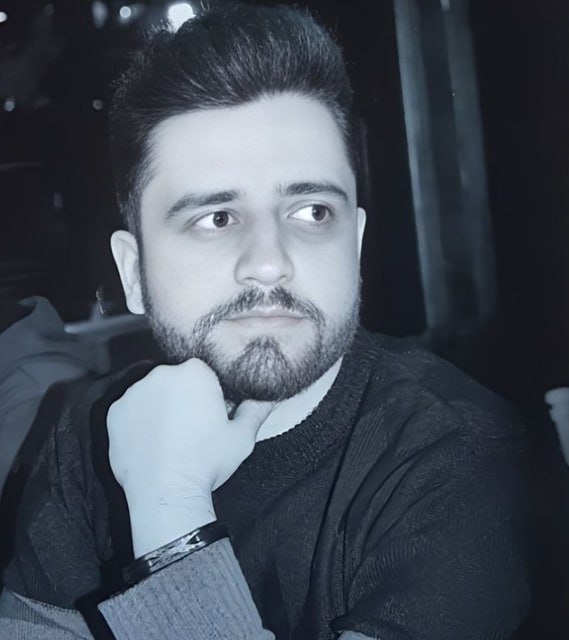
Amirreza Azad, Ph.D. Student, Mechanical Engineering
Amirreza Azad is a PhD student at CACT Lab, UofT, working on the computational modeling of clean energy systems. Amirreza graduated with honors from the University of Tehran, where he obtained his Bachelor's and Master's degrees in Mechanical Engineering. His educational background equips him with a strong foundation in the fundamentals of fluid mechanics, thermodynamics, and heat transfer, all of which are crucial for their current research endeavors. At CACT Lab, Amirreza's research interests lie in utilizing CFD simulations to analyze and optimize Hydrogen Electrolysis and Carbon Capture systems. Hydrogen Electrolysis is a clean technology for producing hydrogen fuel from water, while Carbon Capture aims to reduce greenhouse gas emissions from industrial processes. By employing CFD simulations, Amirreza aims to gain deeper insights into the complex flow phenomena within these systems, ultimately contributing to the development of more efficient and sustainable clean energy technologies. For further information on Amirreza's research activities, please visit their Google Scholar page.
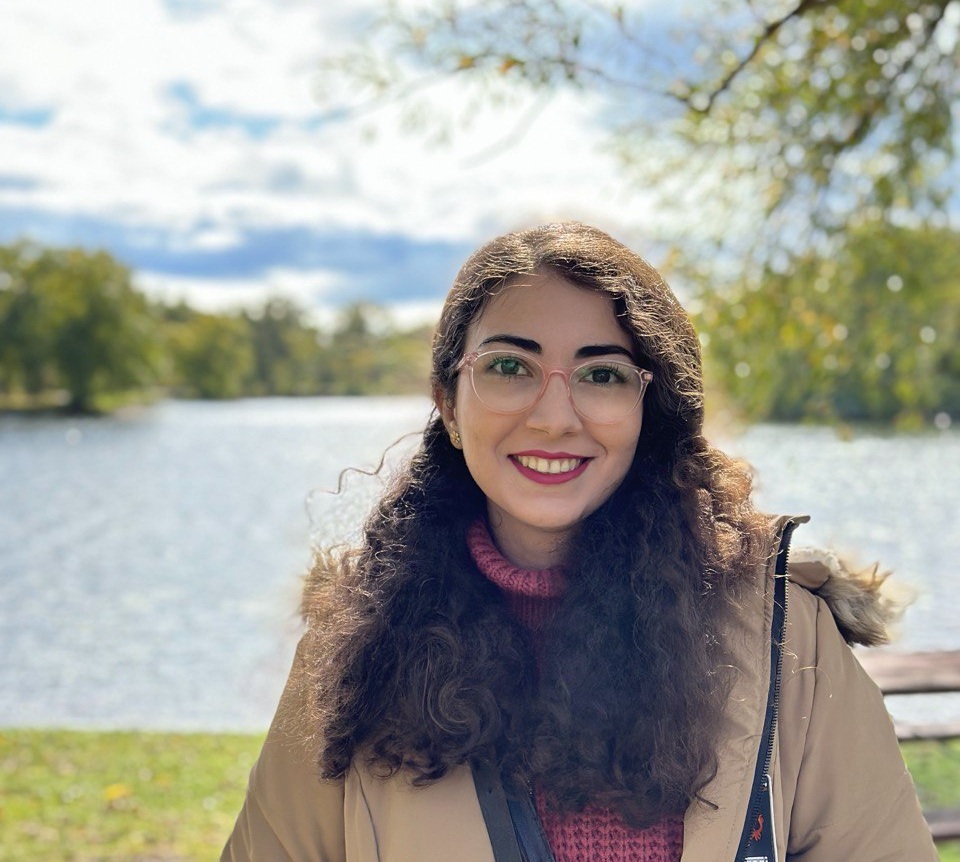
Shaghayegh Tarabkhah, Ph.D. Student, Mechanical Engineering
She is a PhD student in the Department of Mechanical and Industrial Engineering at the University of Toronto. Her research project, titled “Numerical and Machine Learning-Based Modeling of Particle Deposition for Smart Drug Delivery in the Human Airway,” focuses on integrating computational fluid dynamics (CFD) and artificial intelligence to address challenges in inhalation-based therapies. By combining high-fidelity numerical simulations with data-driven models, she aims to better understand airflow and particle behavior in the respiratory system and to develop smart drug delivery methods that can target specific regions of the airway. Her goal is to contribute to the design of intelligent inhalers that improve treatment precision, reduce side effects, and ultimately advance personalized respiratory healthcare.
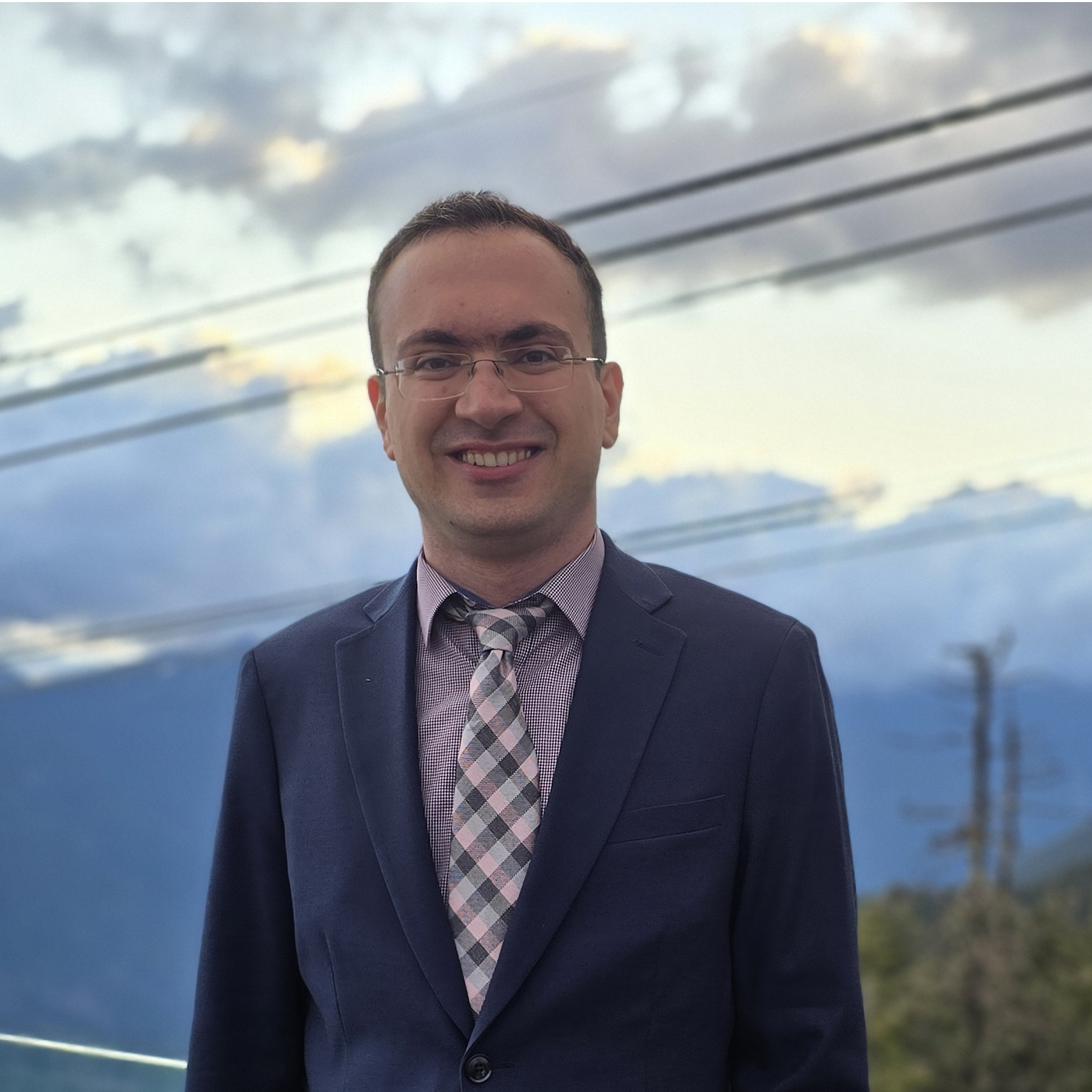
Behrouz Haghighi, Ph.D. Student, Mechanical Engineering
Behrouz Haghighi obtained his B.Sc. and M.Sc. degrees in Mechanical Engineering from Ferdowsi University of Mashhad, Iran. He graduated with highest distinction in his B.Sc. program and was a member of the Ferdowsi University team in the National Olympiad of Mechanical Engineering. His M.Sc. thesis, titled “Modeling the Coating Formation on a Substrate with an Arbitrary Shape,” was conducted under the advisory of Prof. Javad Mostaghimi and the supervision of Prof. Mohammad Passandideh-Fard. In 2024, he joined the Centre for Advanced Coating Technologies (CACT) at the University of Toronto as a Ph.D. student under the supervision of Prof. Mostaghimi. His research interests include Computational Fluid Dynamics (CFD), stress analysis using the Finite Element Method (FEM), stochastic modeling, thermal spray coating, and Radio Frequency Inductively Coupled Plasma (RF-ICP).
M.A.Sc. Students

Andy Tarkoshev, M.A.Sc. Student, Mechanical Engineering
Andy received his B.A.Sc. in Mechanical Engineering with Distinction from the University of Waterloo in 2024. During his undergraduate studies, he completed co-op terms at Mott MacDonald as a HVAC/R Engineer, at Direct Expansion Solutions as a Heat Pump Sales Engineer, and at the University of Toronto as an in-house Electrical Design Associate. His research interests span electronic cooling and thermal management, including vapor chamber manufacturing using wire arc spray, surface enhancement techniques for finned heat sinks, and pool boiling performance improvements. He also works with CFD and thermal modeling of air- and water-cooled heat sinks.


